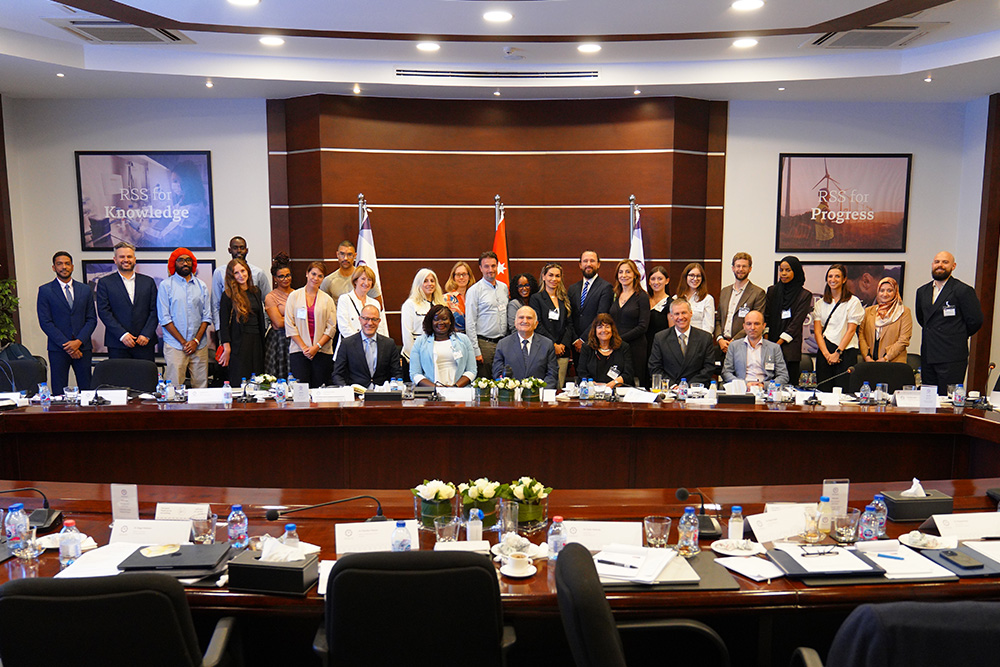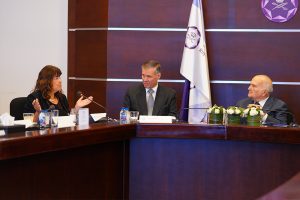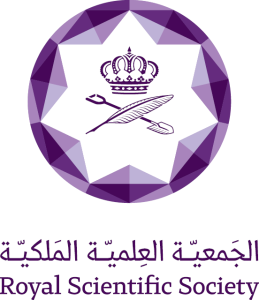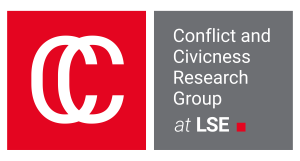PeaceRep convened a two-day workshop in Amman, Jordan, bringing together researchers, policymakers, and civic actors from across its global network to reflect on key findings from the programme and their implications for future peacebuilding practice.
Discussions focused on conflict fragmentation, civic responses, global-local dynamics, and research methodologies, marking a major milestone as PeaceRep concludes its work.

PeaceRep Workshop in Jordan Explores Lessons from Global Conflict Research
PeaceRep convened a two-day workshop in Amman, Jordan, earlier this month – the first in a series of final PeaceRep events as the programme concludes – under the theme “PeaceRep: What Have We Learnt?”.
Held under Chatham House rule, the workshop brought together researchers, policymakers, and civic actors from across PeaceRep’s partner networks to reflect on the programme’s findings and consider implications and priorities for future peacebuilding practice.
The discussions were organised around four key themes:
- Conflict fragmentation and war economies, examining structural dynamics across diverse contexts and their global intersections.
- Civic and citizens’ responses, exploring how civic actors engage with conflict landscapes and contribute to peace-making.
- Global and local fragmentations and multi-mediation, considering how shifts in global order shape conflict constellations and mediation strategies.
- Methodologies and frameworks, identifying lessons for conflict research and future peace and conflict resolution strategies.

Over the two days, participants discussed case studies from Syria, South Sudan, Sudan, Somalia, Myanmar, Afghanistan, Iraq, and Ukraine, highlighting the interconnected nature of contemporary conflicts and the evolving logics of civic resistance and governance.
Reflecting on the workshop, Dr Luke Cooper, Director of PeaceRep’s Ukraine programme, commented:
“The conference was a hugely important milestone on the road to the conclusion of the PeaceRep programme, drawing together our international partners for an intensive programme of discussion on key findings and cross-comparative syntheses.”
Luke also highlighted PeaceRep’s distinctive model of collaborative, in-country research as central to its success:
“The depth, nuance and complexity of the scholarship undertaken for the programme underlines the importance of what PeaceRep is calling ‘civic network research’. This refers to our method of building sustained and on-going partnerships with individuals and research organisations working in-country to develop granular and sophisticated knowledge of conflict-impacted societies.”
A participant from the Myanmnar Policy Institute remarked:
“Engaging with scholars and practitioners from other conflict-affected contexts was a valuable experience that broadened my perspective on how civic networks navigate the political economies of war. The workshop also encouraged me to reflect critically on Myanmar’s own evolving conflict dynamics and how they intersect with wider global debates on peacebuilding and governance. ”
PeaceRep extends its thanks to participants and partners who joined in Amman with special gratitude to HRH Prince El Hassan bin Talal, HRH Princess Sumaya bint El Hassan, President of the Royal Scientific Society, and workshop producer, Madihah Karim, Programme Manager of the Conflict & Civicness Research Group at LSE.

